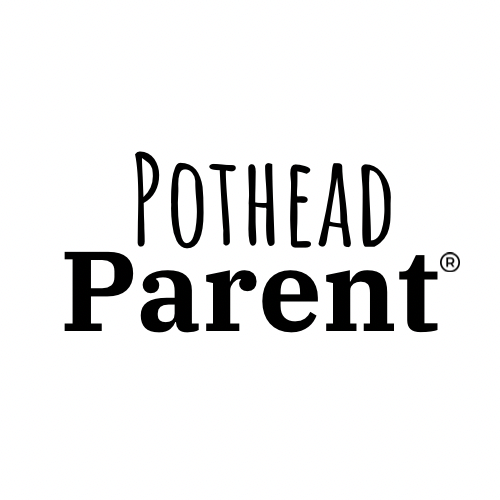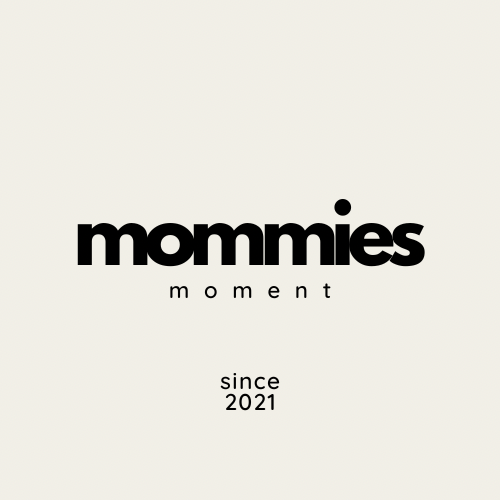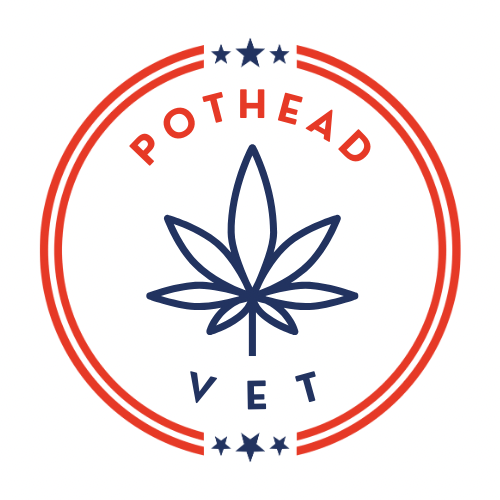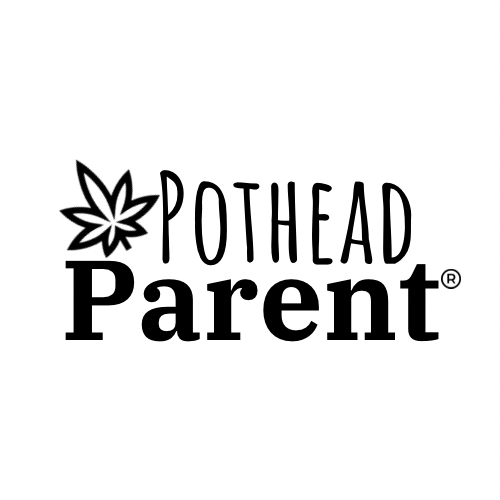This past week, I had the privilege of attending the 1st NYS Medical Cannabis Symposium in Buffalo, NY, hosted by the New York State Office of Cannabis Management and Roswell Park Comprehensive Cancer Center. This was a pivotal moment for New York’s medical cannabis community, as practitioners, researchers, and policymakers gathered to discuss the safety, benefits, and future of medical cannabis for patients.
The event was more than just a meeting of minds; it was a significant milestone in how we view and approach cannabis in patient care. The focus was clear: compassionate care. The conference didn’t just look at cannabis as medicine but emphasized that patient safety and wellbeing should be at the heart of its integration into healthcare.
Crystal People Stokes: Cannabis as a Human Right
One of the most inspiring speakers was Crystal People Stokes, who spoke passionately about cannabinoids and their potential to transform lives. She shared personal stories, particularly about her own mother’s journey with cannabis. What stood out to me was her emphasis on God’s plant—her belief that cannabis is a natural remedy that should be accessible to all, without the stigma or criminalization that currently surrounds it.
Crystal highlighted an important issue: prescription coverage for cannabis. Why are we charging patients for a medicine that can alleviate their suffering? She doesn’t use cannabis herself, but she advocates fiercely for those who do. Her message was loud and clear: cannabis is not a drug—it’s medicine, and patients should not be criminalized for using it.
Tremaine Wright: Cannabis Control and Program Necessity
Tremaine Wright, Chair of the Cannabis Control Board, echoed these sentiments, stating that everyone can benefit from medical cannabis, especially when programs like this symposium educate healthcare providers. She stressed that doctors and medical teams need to know that cannabis isn’t just an option but a necessity for many patients. The work being done by the NYS Cannabis Program is laying the groundwork for a future where cannabis is accepted, normalized, and integrated into mainstream healthcare.
Medical Cannabis Insights: Bridging Science, Policy, and Culture
Another fascinating segment came from Daniel Ryszka, who spoke on the rich history of cannabis, both as a medicine and a cultural touchstone. He reminded us that cannabis has been used for thousands of years, from textiles and rope to an essential part of medicine in early America. Yet, through fear, propaganda, and unjust laws like those pushed by Henry Anslinger, cannabis was villainized, leading to the stigma we’re still battling today.
What really hit home was his point about the pharmaceutical industry and how cannabis could be the key to treating conditions like pain, mood disorders, and epilepsy—all without the risks of overdose. The data, science, and research are there; now, it’s about pushing forward, integrating cannabis into pharmacology while ensuring we do it safely.
Patient-Centered Care at the Core
Throughout the day, it became clear that the conversation about medical cannabis goes far beyond recreational use. Gabrielle Morris, MD spoke passionately about patient-centered care, making a strong case for how cannabis can improve the lives of people suffering from chronic pain, epilepsy, and even dementia.
Hearing stories from practitioners like Dr. Amy Case, who work with palliative care patients at Roswell Park, emphasized how essential cannabis is in improving the quality of life for people battling cancer and other serious illnesses. Terpenes, often overlooked in the mainstream conversation about cannabis, were highlighted by Nikki Lawley as having synergistic effects, particularly in treating traumatic brain injuries.
The Importance of Education and Advocacy
One key theme throughout the conference was the need for education and advocacy. We can’t change the stigma or expand access without a well-informed public and medical community. As several speakers pointed out, including Brenda Robinson, DNP, the responsibility falls on us to talk to elected officials, vote, and push for the change we want to see. The more we understand, the more we can advocate for patients who need this life-changing medicine.
Real Stories, Real Impact
Cannabis isn’t just an abstract concept for these speakers—it’s personal. I was deeply moved by the story of one advocate who started his journey by creating social media content to raise awareness about cannabis. His children have found relief through cannabis, and now he works tirelessly to help other families access this vital medicine.
This kind of advocacy work is essential, and it’s up to all of us, not just the medical community, to push forward and ensure that cannabis becomes an accessible option for those who need it most.
A Transformational Event
The NYS Medical Cannabis Conference was more than just a gathering of professionals—it was a testament to how far we’ve come and how much more work we need to do. The symposium didn’t just bridge science, policy, and culture; it underscored the potential for cannabis to transform lives when used responsibly and compassionately.
At the end of the day, it’s all about the patients. This isn’t just about getting high or recreational use—this is about providing relief, care, and dignity to those who need it most. From the endocannabinoid system to the importance of terpenes, the day was packed with information that healthcare providers can now take back to their practices, ensuring that patients receive the best care possible.
Cannabis is medicine, and it’s time we start treating it that way. This event was a monumental step in that direction, and I’m honored to have been a part of it.
Let’s keep the conversation going.










